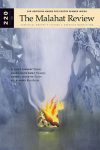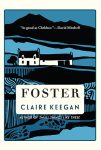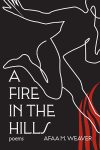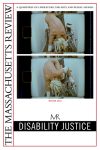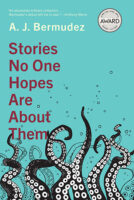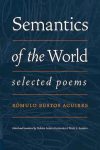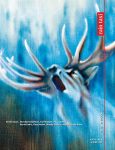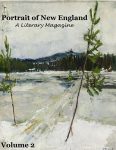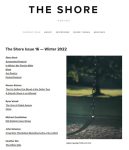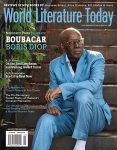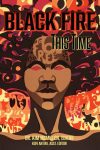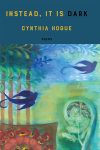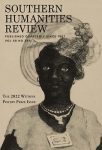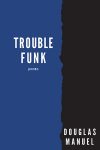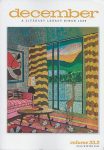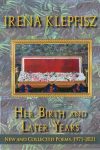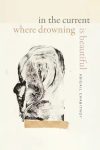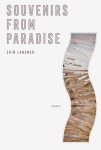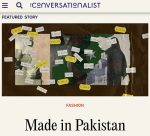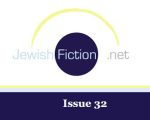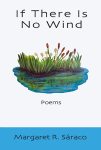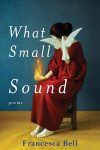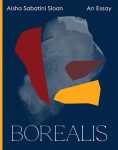Magazine Stand :: New England Review – 43.4
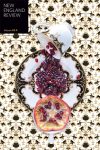
Editor Carolyn Kuebler opens issue 43.4 of New England Review with a reflection on the shift in submissions to the publication throughout the pandemic, how “Covid-19 is no doubt the best documented pandemic of all time” and how quickly the situation changed around us so that in choosing works to publish, “it was more often the defining factor in pieces we did not publish. We didn’t need anyone to tell us how strange this all ways. Something stranger still was already taking place.” Kuebler writes, “So much of this writing felt a few steps behind, even in just a matter of weeks or months.” Recognizing how it has become woven into contemporary works, and also that pre-pandemic writing or writing that does not acknowledge it at all, reveals how “writers are able to fully inhabit, imaginatively, a world that preceded 2020, as well as they can inhabit this new one.”
This issue offers readers a Covid diary by Zoe Valery, Leath Tonino’s defense of the American Outback, a short play by British author Charlotte Turnbull, multi-page excerpts from poem sequences by Sandra Simonds and Diana Khoi Nguyen, new shorter poems by Kim Addonizio, Aumaine Rose Smith, and Josh Tvrdy, explorations into the archives by Michelle Peñaloza and Nicky Beer, first English translations of poems by Meret Oppenheim and Daniela Catrileo, new short stories by Yume Kitasei, Megan Staffel, and J. E. Suárez, and in “Rediscoveries,” Donald Mackenzie Wallace’s excerpt “Revolutionary Nihilism And Romantic Notions” taken from the 1912 edition of Russia, published in London by Cassell and Company. Some content is available for readers to access for free online.
To find more great reading, visit the NewPages Guide to Literary Magazines, the NewPages Big List of Literary Magazines, the NewPages Big List of Alternative Magazines, and the NewPages Guide to Publications for Young Writers. Subscribe to our weekly newsletter to stay up to date!

